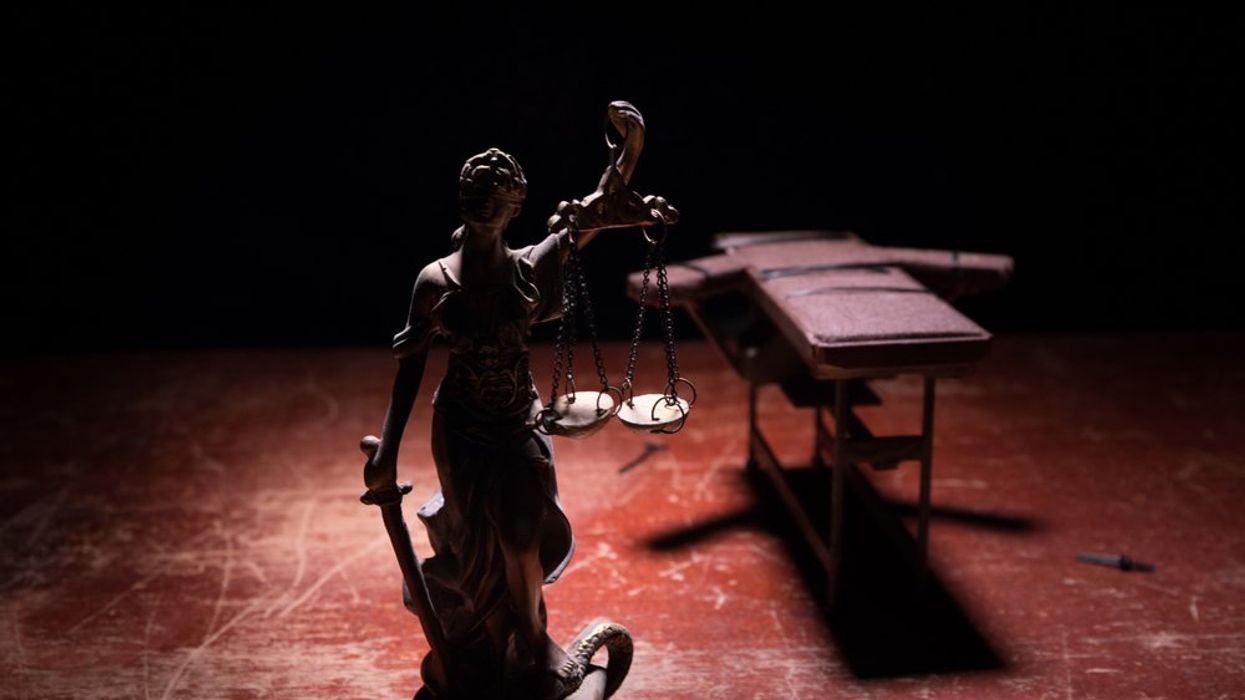The execution of Alabama death row inmate James Barber on Friday morning provoked the ire of the three liberal Supreme Court Justices, who argued that it was a violation of the Eighth Amendment's protections against cruel and unusual punishment.
Barber was convicted of robbing and killing Dorothy Epps in 2001, and spent 20 years on death row before his execution on Friday morning. He was executed by lethal injection, a process which violated his Eighth Amendment rights, he argued in his stay of execution request. His request was later denied by the Supreme Court.
The dissenting opinion, penned by Justice Sonia Sotamayor and endorsed by Justices Elena Kagan and Ketanji Jackson, detailed an "unbroken sequence of faulty executions" carried out by Alabama, which included three botched executions last year. In each of the executions, prison officials reportedly spent several hours struggling to set IV lines. Two of the men survived, and reported excruciating pain. The other was unable to speak his last words.
Justice Sotamayor returned to questions posed by the Eighth Amendment, which were ignored by lower courts. "How Much Pain or psychological torment amounts to serious harm? How long is too long to set an IV line?" she wrote. "These questions require a factual foundation, developed with the assistance of medical experts."
Alabama Governor Kay Ivey paused executions, including Barber's, after the string of failures from the Alabama Department of Corrections (ADOC). Instead of calling for an independent investigation, Governor Ivey prompted an internal review from the ADOC, which concluded without a proper report and a longer time frame for executions.
Given that Barber had provided evidence of "unnecessary pain and terror" for those inmates, and that he had only asked for an alternative form of execution, Sotamayor argued that the claims of irreparable harm tipped "strongly in his favor." Barber would be used as a "guinea pig" for the efficacy of the ADOC's interna review, she said.
"If the Court continues to endorse state executions scheduled before meaningful discovery, these questions may never be answered," Sotamayor wrote. "This Court's decision denying Barber's request for a stay allows Alabama to experiment again with a human life."

















































